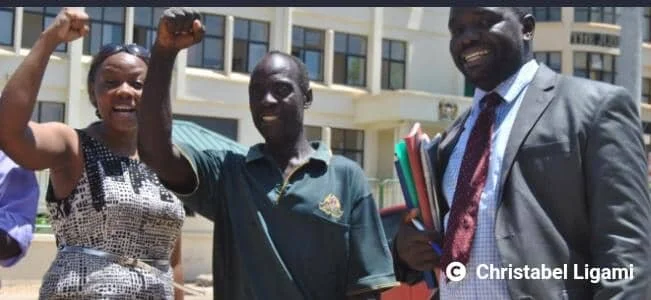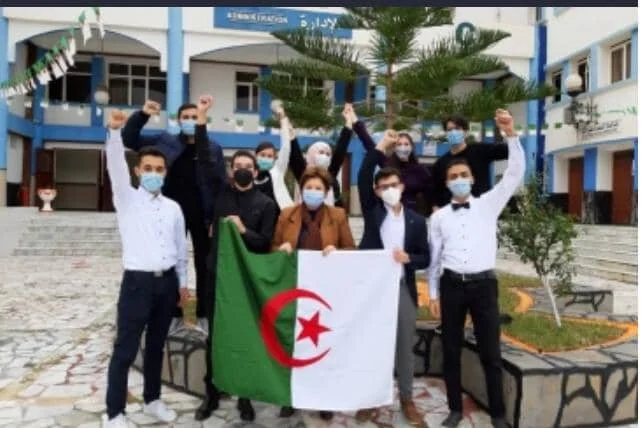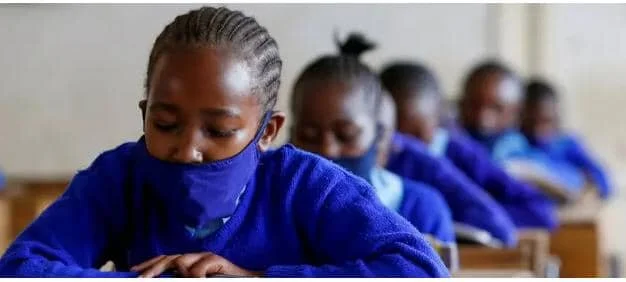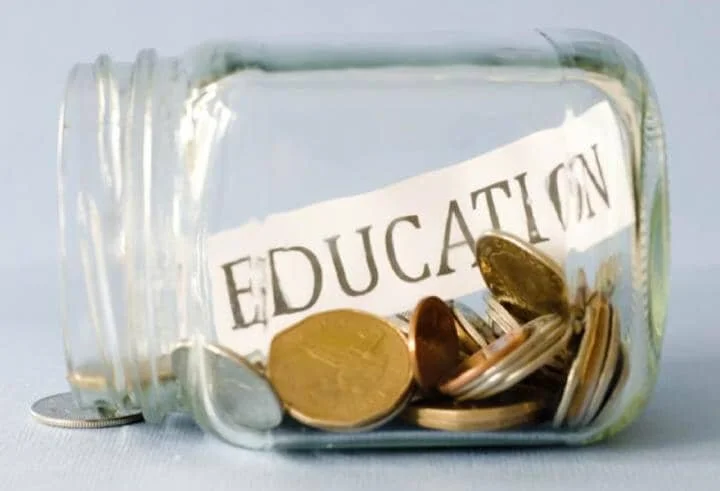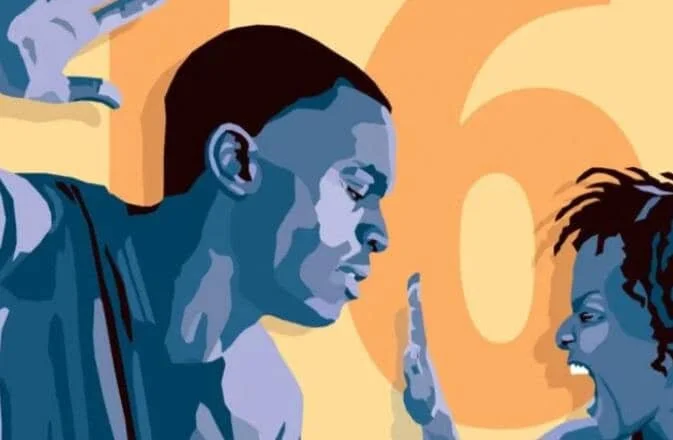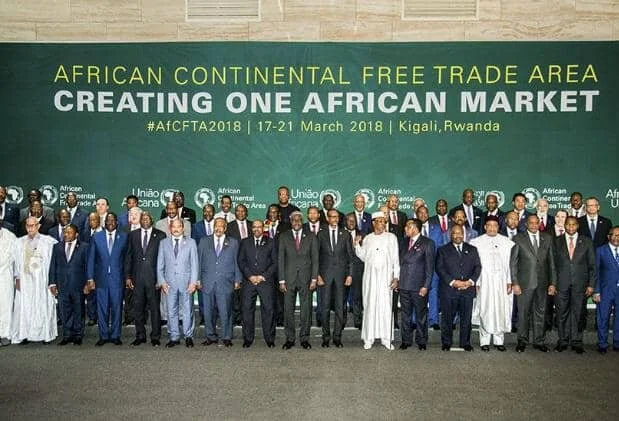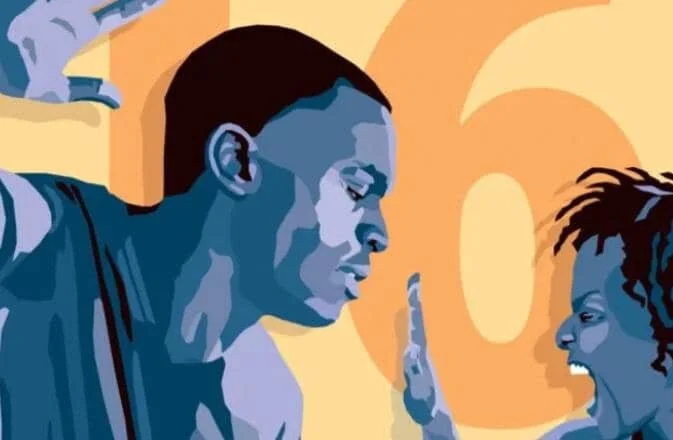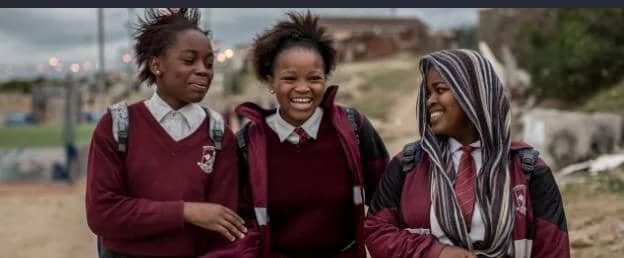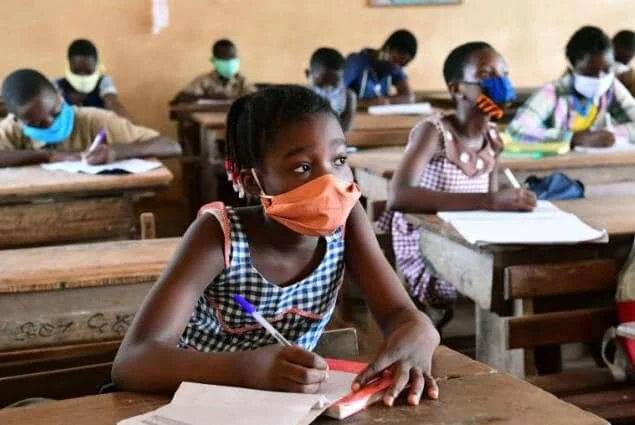It was touted locally as one of the biggest campaigns of the decade when, in 2016, Kenyan environmentalist Phyllis Omido took up the fight against lead poisoning by a lead-acid batteries recycling smelter in Owino Uhuru slum, in the coastal city Mombasa. Ms. Omido, who led a campaign to close the smelting factory in 2014, worked through CJGEA to bring the case to court in 2016, seeking compensation and justice for those affected by the lead poisoning in the Owino Uhuru slum after several failed attempts to negotiate and settle with the government and other entities involved.
Shedding Light On The Hopes And Challenges Of Algerian Youth
Injaz(Arabic for achievement) is patterned after a US-based youth organization, Junior Achievement, which operates in many African countries, including Ghana, Nigeria, Tanzania, as well as in other regions of the world. Ms. Jaber, the Jordanian-born executive who now lives in Algeria, wanted to offer young people in Africa the opportunity to develop their business leadership skills, including business planning, critical thinking, and effective communication.
Businesses Are Critical Partners In Advancing Girls’ Education. Here Is Why
In a recent dialogue on girls’ education, hosted by GPE and the UK’s Foreign, Commonwealth, and Development Office, Ministers of Education from GPE partner countries and business executives from major regional and global companies came together to discuss how the business community’s initiatives around girls’ education could be aligned to national education priorities.
Education Funding, Philanthropy And COVID-19: What Next?
The COVID-19 pandemic has profoundly challenged education systems around the world and is fast-tracking the exploration of new approaches in education delivery. But this drive for change and systems adaptation is conditioned by human and financial resources. In this context, the responses of private philanthropy and official development assistance (ODA) donors have stirred up considerable interest.
Let’s All Unite To End Violence During COVID-19 And Beyond
Violence against women and girls is a global human rights challenge. The COVID-19 pandemic has further exposed this issue as a global emergency requiring urgent action at all levels, in all spaces and by all people. Today we will hear from the Member States about just some of these promising practices, ranging from funding and support for critical services and innovative justice sector responses to awareness campaigns that challenge harmful gender stereotypes and norms.
Elections In Africa Go On Amid COVID-19
Central African Republic and in Niger held their presidential and parliamentary elections on 27 December 2020 to round up a challenging year where despite fears of disruption from the COVID-19 pandemic, most countries in Africa managed to stick to their scheduled elections. Elections of members of the House of People’s Representatives and of regional State Councils across Ethiopia was to be held in the new political environment ushered in by Prime Minister Abiy Ahmed’s reforms. He won the 2019 Nobel Peace Prize for ending a two-decade conflict with neighboring Eritrea.
Africa’s Free Trade Area Opens For Business
The formal start of trading was given the official go-ahead at an extraordinary meeting in December 2020 where AU member states called on “women, youth, businesses, trade unions, civil society, cross border traders, the academia, the African Diaspora and other stakeholders to join them as governments in this historic endeavor of creating the “Africa We Want” in line with the Agenda 2063.
Gender-Based Violence: We Must Flatten The Curve Of This Shadow Pandemic
The 16 Days of Activism, which is powered by grassroots organizations globally, is an opportunity to leverage the renewed sense of urgency COVID-19 has created and propel concrete action against gender-based violence. In the lead up to the International Day commemoration, UN Women has appealed to Member States to make concrete, tangible commitments during the 16 Days of Activism.
Our Commitment: Giving Girls In East And Southern Africa A Voice And Securing Their Future
The East and Southern African Commitment has been an essential regional framework to ensure the two key Ministries coordinate their commitment to adolescent sexual and reproductive health and rights more efficiently while including other line Ministries, such as social affairs, gender and youth, as well as young people and civil society organizations, to deliver comprehensive sexuality education in and out of schools.
COVID-19 And Education In Sub-Saharan Africa: 5 Actions For The Way Forward
According to data from the UNESCO Institute for Statistics (UIS), sub-Saharan Africa (SSA) has low learning proficiency and the highest rates of education exclusion, with more than 20% of children between 6 and 11, about 33% of those between 12 and 14 and 60% of youth 15 to 18 years old out of school (UIS 2019). The advent of Covid-19 has worsened the state of global education, but the hardest-hit regions will be those with less robust education systems such as sub-Saharan Africa. Robust systems are identified by their high literacy and numeracy rates, which can be used to predict the future human capital of the country.


